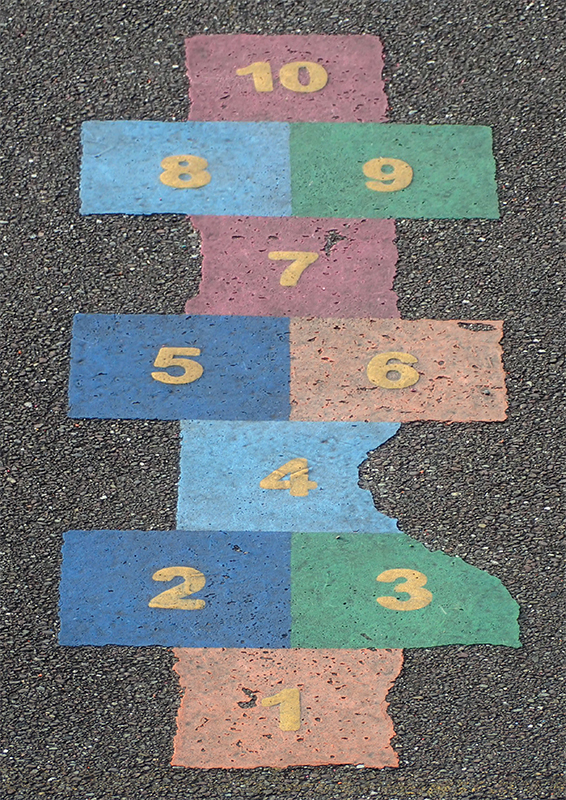The Agency’s Inclusive Early Childhood Education (IECE) project has reached the half way stage not only in time, but also in its development. The project running between 2015 and 2017 has set out to meet the following aim:
- to identify, analyse and subsequently promote the main characteristics of quality inclusive pre-primary education for all pupils from three years old to the start of primary education.
Starting off with the production of a draft literature review, the project work now is focusing on processing country questionnaires which will provide a state of the art account of the situation in the EU regarding national policy and practice in IECE.
Twenty-seven participating countries offered a number of proposals of good examples of IECE in practice, eight of which were selected for a study visit within the framework of the project. Six visits have already been carried out, with the remaining two planned for October and November this year.
A qualitative analysis of the example descriptions is now under way and has already provided interesting practice evidence of a number of main issues that are important in inclusive ECE settings, such as:
- adopting a rights-based approach to IECE,
- ensuring mainstream access for all,
- ensuring each child’s active participation,
- adopting a child-centred pedagogy focused on child strengths,
- ensuring quality provision and promoting collaboration.
While developing the country questionnaire and visit procedures, the Project Advisory Group also developed a ‘self-assessment tool’ that practitioners can use, consisting of sets of questions about the inclusivity of the ECE environment that focus on a welcoming climate, an inclusive social environment, child-friendly physical environment, materials for all children, language use, child-centred learning and teaching, and a family-friendly environment. This set of questions is being used as an observation tool during the visits and will be eventually developed into a self-assessment tool that the Agency will make available on its website.
All the information collected in the lifetime of the project will be combined into a synthesis report expected to support policy makers and practitioners at local, national and European levels in the promotion to IECE provisions that will ensure the necessary strong start for all children, irrespective of their family background or individual characteristics. The project will particularly highlight how ECE settings can be truly inclusive by building their capacity to educate all the children in the community with the backing of national policy and investment in this highly influential area of education.
Visit the project web area for more information and updates on the IECE project.
